Your New Year’s resolutions can be both inspiring and anxiety-provoking, and, statistically, many resolutions are broken before the end of January. Resolutions are certainly well-intended but are not always linked with an action plan aimed at handling the inevitable setbacks and other random events which can challenge your commitment to these resolutions. Furthermore, during the holiday season until the beginning of the new year, your brain’s emotional control center, known as the limbic system, can become overloaded with extreme arousal from external stimuli, such as conflictual or tense interactions with friends, family members, or a romantic partner. These external stimuli can also trigger increased anxiety and depression. Thus, your resolutions may actually serve as defense mechanisms against confronting and processing the underlying causes of the problematic behaviors and thoughts which are prompting you to make these particular resolutions.
The great news is that you have each and every moment available for you to create and recreate your new narrative. Creating a new narrative begins with envisioning your desired future self, which strives to be free from old patterns, and with identifying your past and present strengths, skills, and other enduring traits. Your new narrative is already within you and, when you channel it, your actions will be guided by wisdom, self-confidence, courage, and your unwavering purpose in life. Your new narrative will provide a sense of resilience, no matter what circumstances you have experienced, are currently experiencing, or will experience.





FREEDOM FROM OLD PATTERNS
So how does a new narrative help you to achieve your New Year’s resolutions? First of all, you must evaluate the pros and cons of your current cognitive and behavioral patterns, so that you have a starting point for necessary changes. You may have felt frustrated and “stuck” in old patterns which are simply not conducive to living as your best self. Creating a new narrative can feel awkward and frightening at times, but you already possess the internal tools to free yourself from old, self-destructive patterns. Your new narrative frees you from the past-oriented thoughts, which may have created a reality of anger, guilt, resentment, disappointment, or insecurity. When you learn how to focus on creating your new narrative, you will be taking conscious actions, rather than ruminating about or blaming yourself for others’ actions. In your new narrative, you are an observer of all circumstances along your life’s path and can recognize when you are allowing toxic thoughts and emotions to block your new freedom. The creation of your new narrative requires that you stay committed to your spiritual and emotional growth and realize that old patterns are damaging to your current sense of peace and stability. Freedom from old patterns can be viewed as an evolutionary process toward your ideal self, one who is capable of constant change and growth, even in the middle of chaotic life circumstances. You will be so amazed when you dare to be different and stronger and more resilient than you have ever perceived yourself to be.
MAINTAINING AN INTERNAL LOCUS OF CONTROL
Your new narrative comes from a genuine desire to create and to maintain an internal locus of control. Creating and maintaining an internal locus of control requires the raw courage to observe when you are having negative thoughts about yourself and when you are becoming stuck in dysfunctional behavioral cycles. When you allow intrusive, ruminating thoughts about past-oriented or future-oriented events, you are literally and severely depriving yourself of your present life. By learning how to refocus your mindset from self-deprecating to self-empowering inner talk, you will gradually build confidence and optimism about your future. As a psychotherapist, I have taught my clients how to create a new narrative by using the following internal control strategies: mindfulness of the emotions which prevent you from living as your best self, trying out new actions in your work and personal relationships, and reminding yourself of your core goals and values when feeling knocked off balance. Your internal locus of control also results from frequent self-talk, such as “My true higher self is always there to withstand any difficult circumstance” and “I do not need to replay old scripts. I can reinvent myself at any chosen moment.”
FOCUSING ON ACTIONS, NOT REACTIONS
Self-regulation refers to the ability to act, rather than to react. Through self-regulation, you can let go of the struggle to control others or to expect them to change, thus focusing on your own unique actions. Self-regulatory skills help you to determine whether or not your behavior is appropriate or productive for a given situation and to redirect your behavior as needed so that you can achieve a sense of control and strength. Self-regulatory skills are an integral part of creating a new narrative, in that they enable you to manage stress and conflict while strengthening your relationships and overall well-being. In sum, your new narrative is created by perceiving yourself as the wise observer and not the fearful reactor. Examples of emotional self-regulation are being able to calm your anger and to effectively handle intense emotions, such as frustration, disappointment, or embarrassment. Examples of behavioral self-regulation are impulse control and calm, yet assertive, communication skills. Examples of cognitive self-regulation are refocusing your attention on necessary work or personal tasks and reevaluating your life goals and values. Living a new narrative is largely based on developing these self-regulatory skills, which are demonstrated by stepping out of dysfunctional thought and behavioral patterns and by making conscious choices which are targeted toward an internal sense of control over your environment. It is important to reflect on the moments which have caused you distress and to remind yourself of how well you have coped with and “gotten through” such painful and stressful events.


